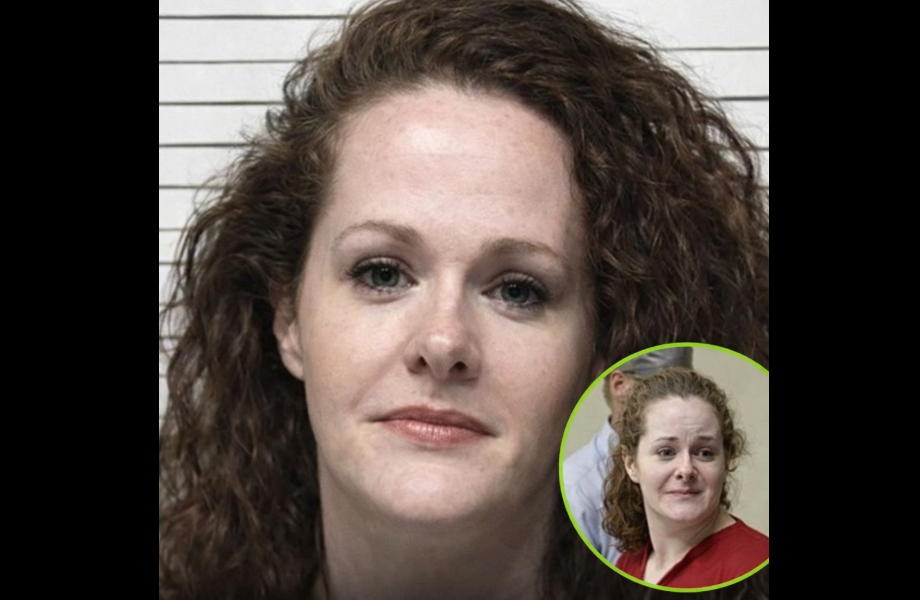My mother always harbored doubts about my wife. During my wedding, her eyes welled with tears as she whispered, “Son, she’s not right for you.” I smiled and replied, “Give it time, Mom—you’ll come to love her.” She gave a faint nod, her expression heavy with unspoken worry. Two years later, my mother passed away. As I sorted through her belongings to clear out her home, I stumbled upon something unexpected beneath her bed. Tucked carefully among her possessions was my wife’s personal journal, hidden with deliberate care.
Initially, I assumed it was a harmless act of curiosity on my mother’s part. But as I opened the journal, its contents revealed a troubling narrative. My mother had meticulously recorded every concerning moment she observed between my wife and me. She noted subtle criticisms, instances where my wife seemed to steer situations to her advantage, and moments when she quietly distanced me from loved ones. My chest tightened as I read. These were behaviors I had overlooked, dismissing them as quirks of her personality.
I took the journal home, uncertain whether I could bear to read more. That evening, when my wife asked where I’d been, I mumbled that I’d been with a friend. She accepted my answer without probing, but a quiet tension hung in the air. Later, alone, I opened the journal again, my hands trembling. Page after page detailed small betrayals and calculated moves I hadn’t noticed—moments where my wife had orchestrated conflicts to leave me feeling at fault.
As I read, a mix of anger and clarity surged within me. Memories began to align with my mother’s observations. I recalled how my wife convinced me to skip a gathering with college friends, claiming I’d promised to help her sister with an urgent task. I thought of the times she’d subtly discouraged me from visiting my mother, framing it as concern for my well-being. The pieces fit together. My mother hadn’t been imagining things—she had been quietly shielding me in her own way.
The next morning, I confronted my wife without mentioning the journal. I wanted to gauge her reaction. She laughed at first, dismissing my concerns as overthinking. But as I cited specific incidents, her demeanor shifted. Her voice rose in defense, accusing me of paranoia, before she fell silent. In that moment, I saw a side of her I had never allowed myself to acknowledge.
That evening, she announced she needed space and left. Her departure left the house eerily quiet—not peaceful, but hollow. For the first time, I longed for my mother’s guidance, wishing I could hear her voice one more time.
Over the next week, I reflected on our past. Patterns I had once ignored became clear: how my wife would subtly cast herself as a victim to sway others, how she twisted narratives to make me question myself, how her warmth often masked self-serving motives. Moments that once seemed ordinary now carried a darker weight. I realized I had been blind—not only to her actions but to my own refusal to see them.
Then came a revelation that shook me. My wife’s sister called, someone I hadn’t spoken to in years. After a hesitant pause, she said, “I don’t know if you’re aware, but she’s been hiding money from you.” My heart sank. She revealed that my wife had been siphoning funds from our joint accounts into a secret one under her name. The betrayal wasn’t only emotional—it was financial.
When I confronted my wife with the evidence, she didn’t deny it. Instead, she claimed it was for “security” and that she deserved control over her own funds. In that moment, my mother’s warnings echoed in my mind. The woman I had vowed to build a life with was not who I had believed her to be. Acknowledging this was painful but necessary.
The legal process was complex but efficient. I focused on protecting myself while keeping matters private, grateful for the financial records I had maintained. In the end, I recovered most of what had been taken, but more importantly, I reclaimed my sense of freedom. The burden of denial and the guilt of ignoring my mother’s concerns began to fade.
While clearing out my mother’s house one final time, I found a letter tucked in the back of a drawer. It was addressed to me, written in her familiar handwriting just before she passed. In it, she spoke of love, caution, and the importance of seeing people clearly, not through the lens of hope. She urged me to trust my instincts. Tears welled as I read her words, realizing she had been guiding me even after her death.
Months later, I met someone new—a woman whose kindness and honesty stood in stark contrast to my past. With her, I began to heal. I forgave myself for missing the signs and learned to trust my intuition. I also began volunteering at a local support center, helping others recognize and navigate toxic relationships. It felt like a way to honor my mother’s wisdom.
One evening, sitting in my mother’s old garden with a warm cup of tea, I reflected on my journey. The pain I had endured had shaped me, teaching me to spot red flags, value authenticity, and trust my judgment. My mother’s warnings had saved me from deeper heartbreak, and her love lingered in every lesson.
I came to understand that love alone isn’t always enough. Sometimes, the person who seems perfect in the moment teaches you the hardest truths. And often, those who warn you most fiercely are the ones who love you most deeply, even when you’re not ready to hear them.
I shared my story online, hoping it might resonate with others grappling with doubt in their relationships. To my surprise, messages flooded in from people who said my words helped them recognize toxic patterns and find the courage to act. It showed me the power of sharing our experiences—it can change lives, even one at a time.
In a final twist, while packing up my mother’s home, I found an envelope addressed to my ex-wife. Inside was a brief note from my mother: “I forgive you, and I hope you find the strength to be honest with yourself and others.” Her compassion, even for someone who caused so much pain, left me in awe. It taught me that forgiveness is about freeing your own heart, not excusing harm.
Now, I keep my mother’s journal and letters on a shelf in my living room, a quiet reminder to stay true to myself and cherish those who are genuine. I look back on my journey with gratitude, knowing that betrayal and heartbreak led to wisdom I couldn’t have gained otherwise. Love matters, but truth and respect are the foundation of any meaningful connection.
If you’re reading this and feel uncertain in your relationships, I hope my story encourages you to listen to your instincts. Sometimes, those who warn you are trying to protect you, not dim your happiness. And sometimes, the hardest truths are the ones that set you free.
If this story resonates, share it with someone you care about—it might help them see what they’ve been missing. And if you’ve learned lessons from trusting your instincts, leave a comment below. Those lessons are often the ones that matter most.






